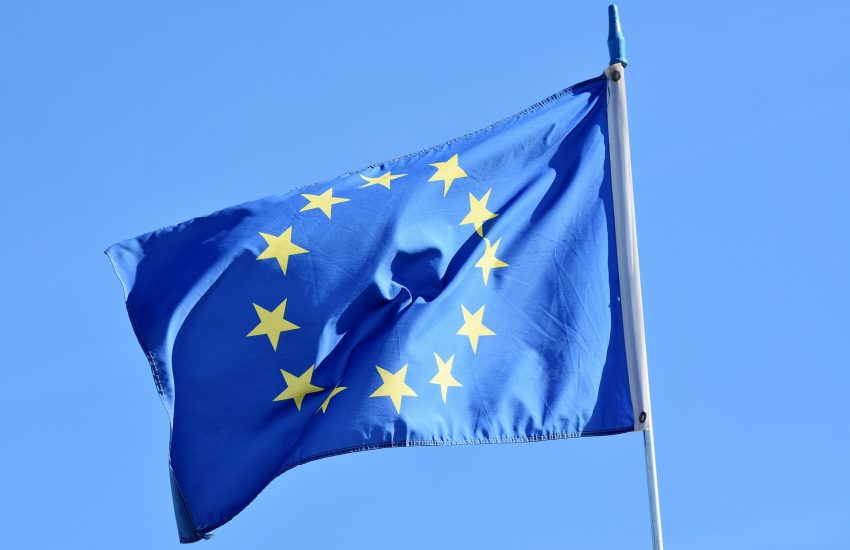THE EUCROSS Conference gathered experts from investment, tax, trade, political science and international relations from 14 to 15 June in Hong Kong. The topic of the conference was The EU and its Partners in Global Governance: Trade, Investment, Taxation and Sustainable Development. This conference was organized under the he Jean Monnet Network ‘The European Union at the Crossroads of Global Order’ (EUCROSS).
In my presentation, I addressed the EU standard of good governance in tax matters and I argued that this EU standard has not only changed throughout the years, but it has also raised concerns of legitimacy of the EU standard in respect of third (non-EU) countries including developing countries. 
Accordingly, in 2008 the ECOFIN Council introduced the standard of good governance in tax matters for third (non-EU) countries with a view to tackle tax fraud and evasion. At that time good governance was understood as transparency, exchange of information (on request) and fair tax competition. However, this standard has changed along with international tax developments. The most recent change has taken place in April 2018 when the ECOFIN Council introduced a new standard provision of good governance in tax matters that includes transparency, exchange of information (automatic, on request and spontaneous), fair taxation, and the 4 Minimum Standards against Base Erosion and Profit Shifting (BEPS).
This is the result of two international tax developments. The first one is the OECD-G20 Global Standard on Automatic Exchange of Information introduced in 2014. The second one is the introduction in 2015 of the OECD-G20 BEPS Project and the commitment of countries to participate as BEPS Associate in the BEPS Inclusive Framework (116 as of June 2018). Members of the BEPS Inclusive Framework have committed to implement the BEPS 4 Minimum Standards which deal with harmful tax competition, tax treaty abuse, transfer pricing documentation and dispute resolution.
The standard of good governance in tax matters has been introduced as a pre-condition for third (non-EU) countries that receive EU development aid, conclude strategic partnership agreements, free trade and economic partnership agreements and more recently as a standard that determines whether the third (non-EU) country should be included in a single EU common (black and grey) list of non-cooperative jurisdictions. Therefore, I also provided some examples of the way that the EU standard has been introduced in some agreements with Canada, Japan, South Korea, China, and Colombia/Peru). The slides are available in this blog (EUCROSS Conference presentation Mosquera). 
At this stage, there are several questions to be addressed under the GLOBTAXGOV project, and therefore, the discussion at the EUCROSS conference has contributed to exchange and receive some ideas in the way that this standard can be analyzed from a tax, trade, investment, and political science and international relations perspective.


2 comments
Comments are closed.